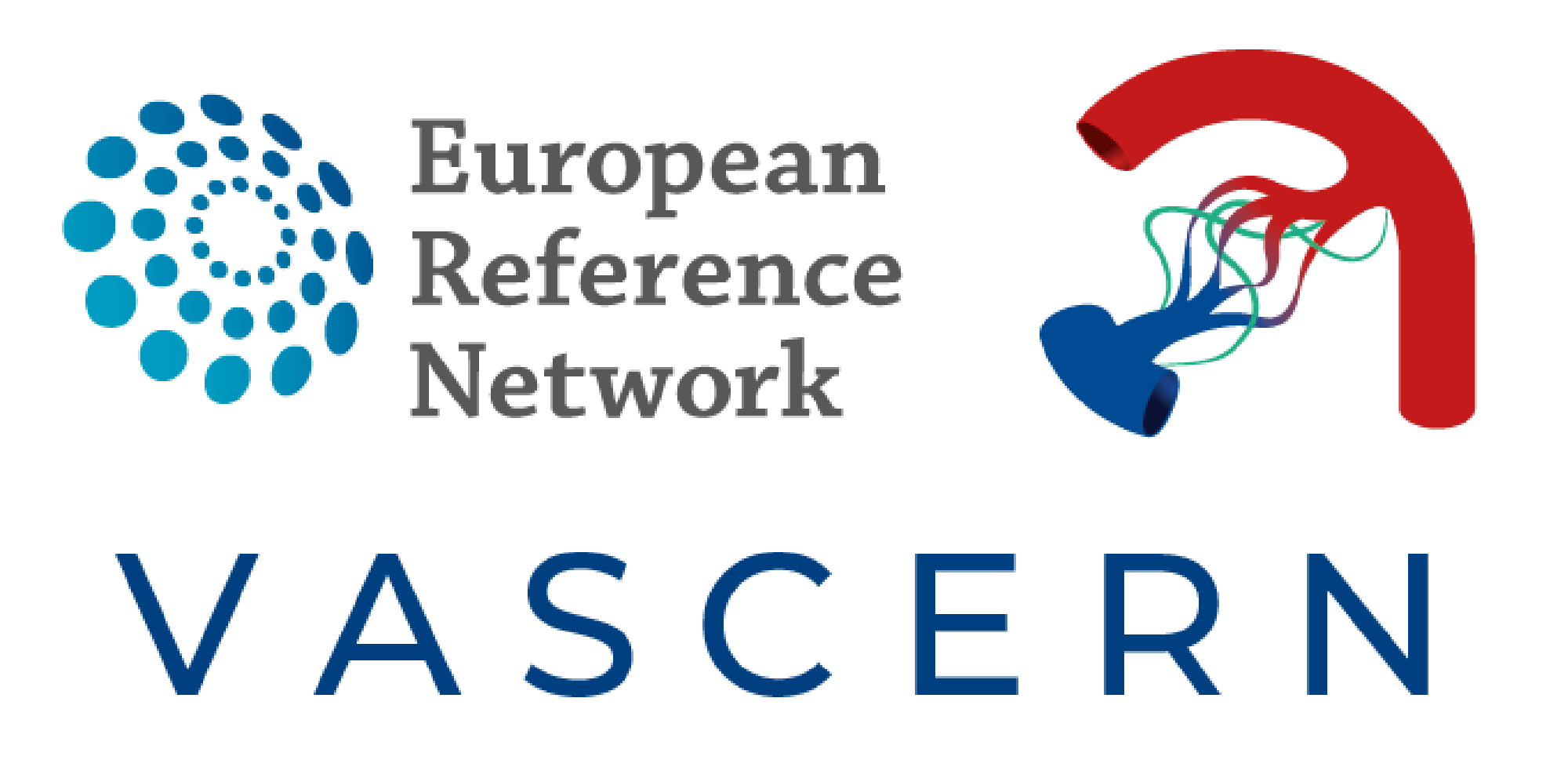
The Heritable Thoracic Aortic Diseases (HTAD) Working Group recently held its spring meeting on April 19th, 2024 in Paris, France. It was a full day of insightful discussions ranging from updates on ongoing projects to new initiatives aimed at improving patient care.
The morning sessions focused on several important projects, including efforts to standardize treatment protocols across Europe and refine aortic measurement techniques. Another project discussed was the development of a compendium that promises to be an invaluable resource for both practitioners and researchers.
Gloria Somalo, VASCERN Science and Education Officer, highlighted the progress of the ongoing Summer School. This was followed by Julie Hallac, VASCERN Project Manager, who spoke about the new project funded by the European Commission and other planned activities.
After a coffee break, the updates resumed with various groups discussing their latest efforts:
- The Pediatrics group shared ongoing projects to improve care for younger patients.
- The PROM/POM group discussed their work to improve the measurement and management of patient outcomes, which is critical to improving treatment effectiveness.
- There were also updates on the HTAD patient registry and a Delphi study focused on medication use during pregnancy.
Patient advocates from the HTAD European Patient Advocacy Group (ePAG) also shared their role in integrating patient perspectives into ongoing projects, helping to ensure that patient needs are considered in any new initiatives.
The afternoon was rich in discussions, starting with a look at potential ways to simplify current HTAD patient pathways and then describing the gene variants in HTAD. These discussions are critical for personalized patient care strategies.
The MyoTAD project was also presented, a study of myocardial involvement in HTAD to identify potential risk factors and explore possible genotype-phenotype correlations. The meeting concluded with lively case discussions where experts exchanged ideas and collaborated to solve complex patient cases.
